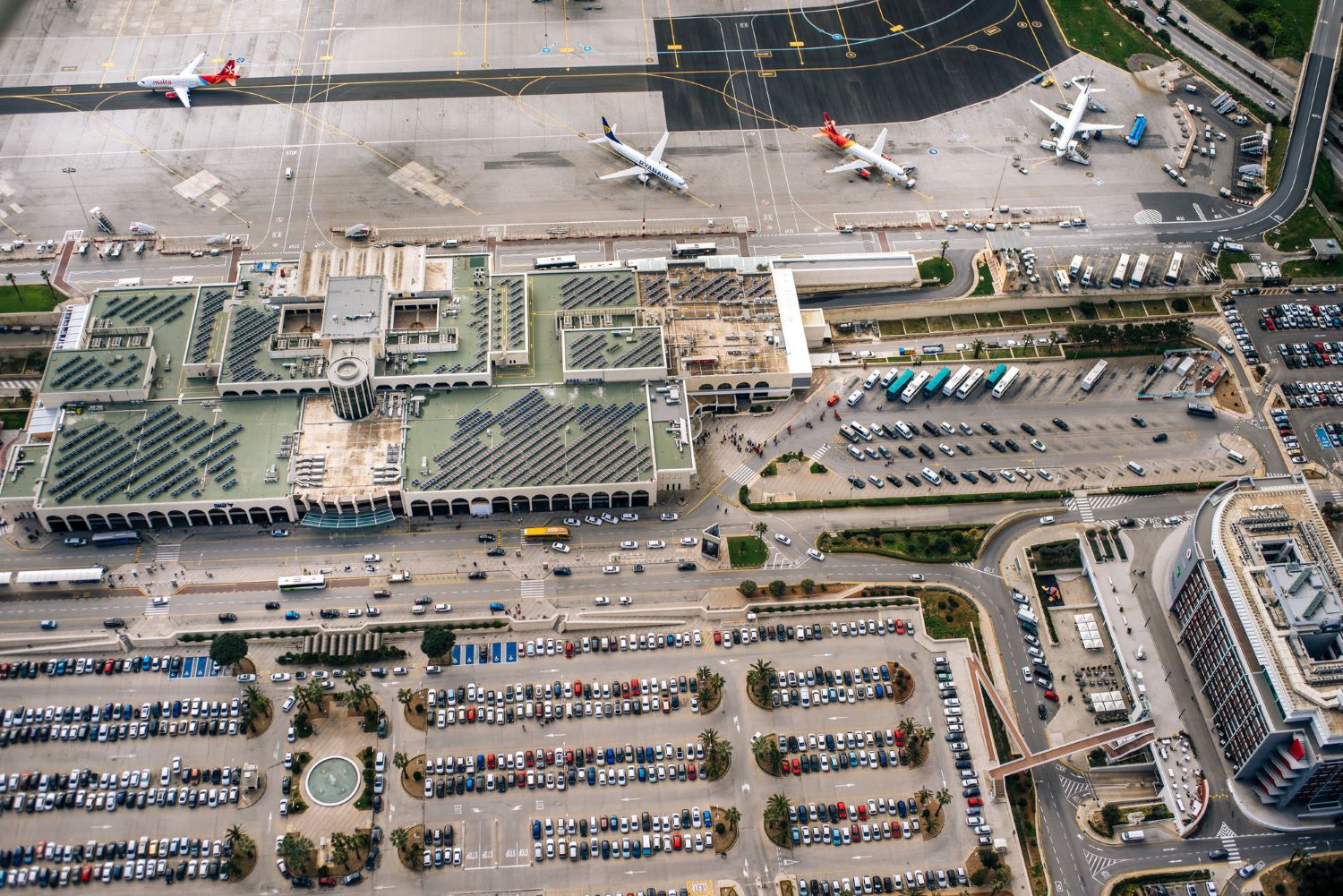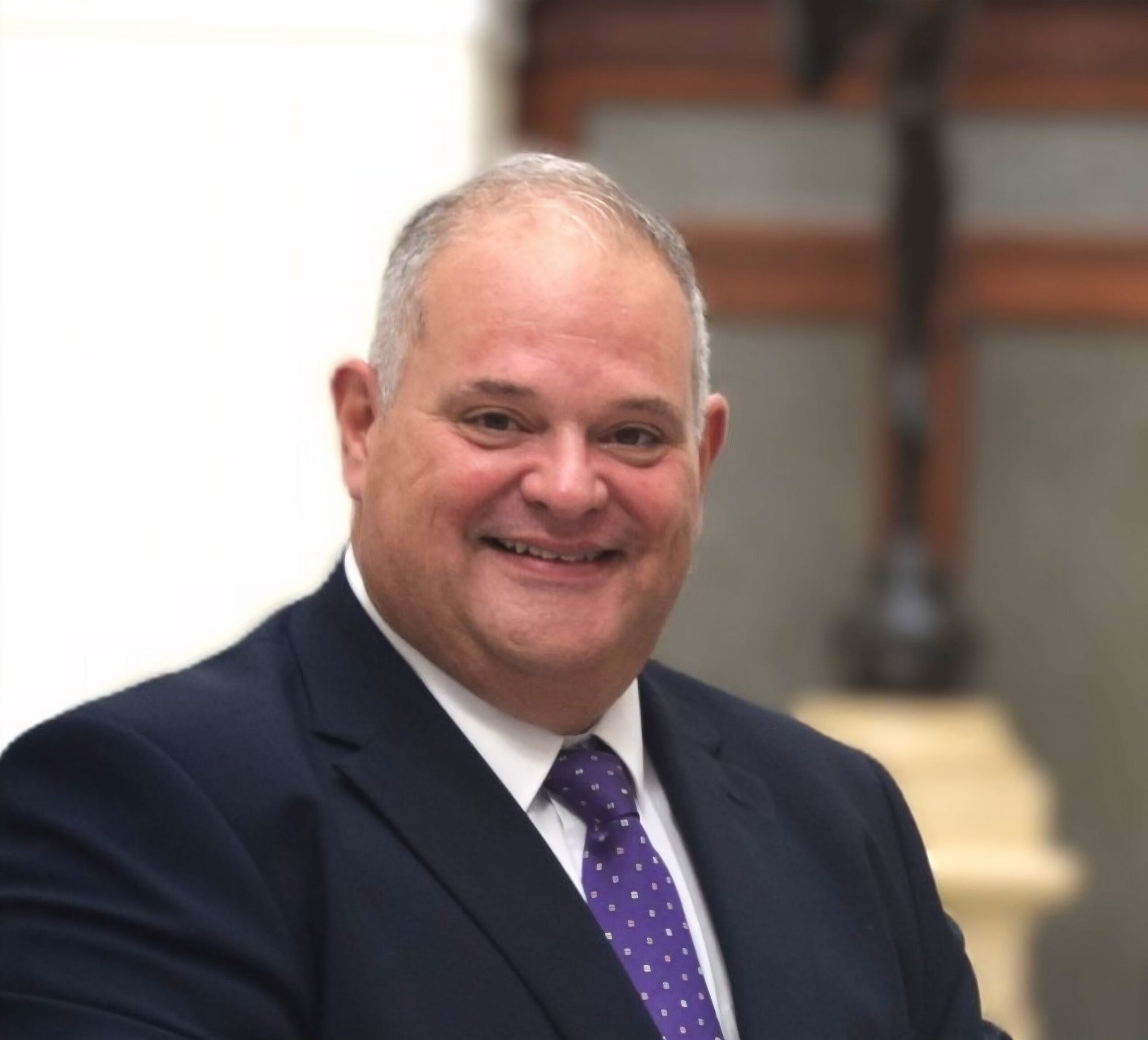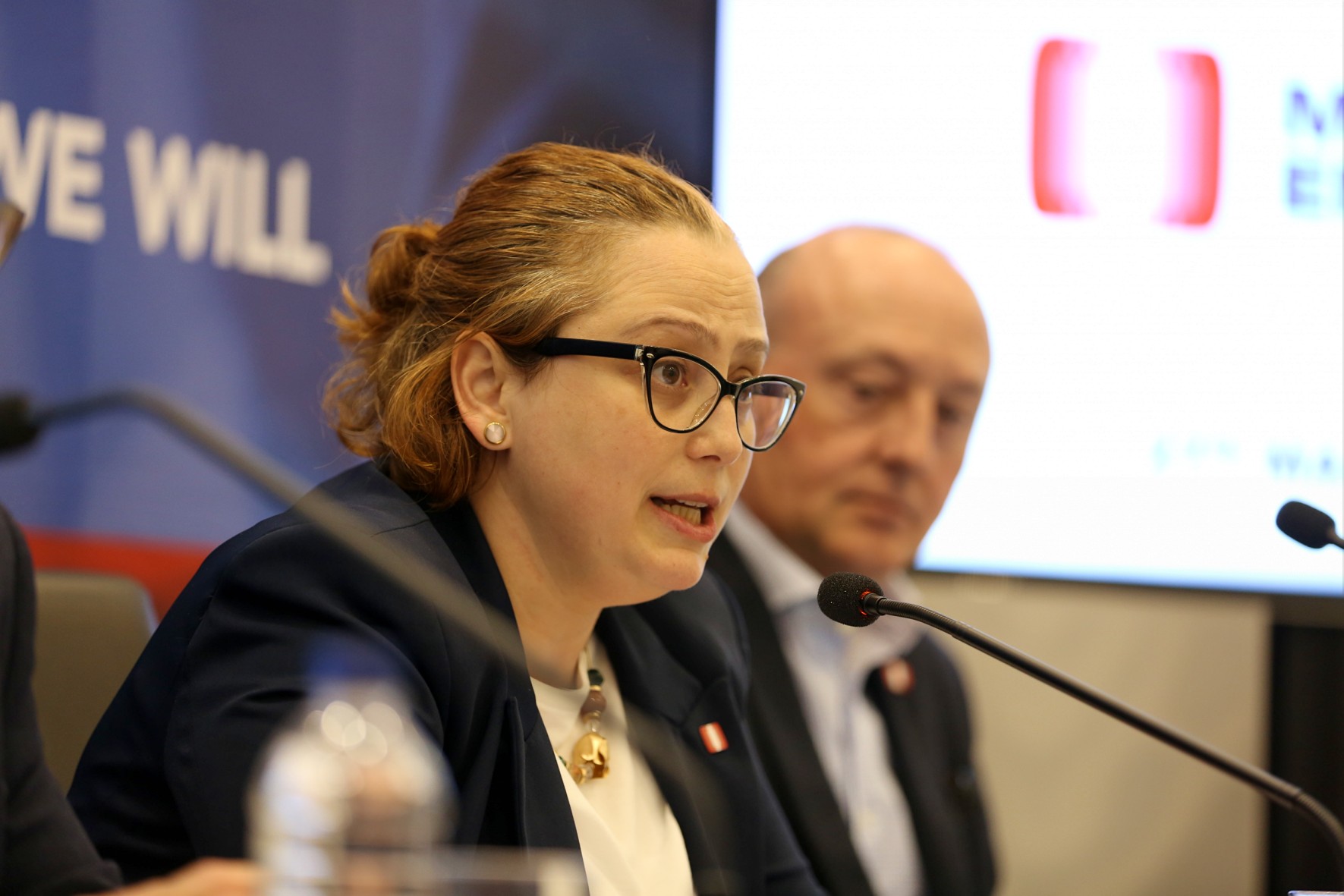“Ever-changing travel bans and restrictions across Europe are impacting both consumer behaviour and airline planning, making the landscape within which we are operating unlike anything we have experienced in the past years,” Malta International Airport (MIA) tells BusinessNow.mt.
Responding to questions, the airport made it clear that the outlook for MIA’s connectivity is not clear yet, considering the continuing fluidity with which its situation is changing.
In December, Malta’s Central Bank warned that almost half of Malta’s air routes had been lost due to COVID-19, bringing air travel back 15 years.
Over 50 direct routes were lost in 2020, and amongst them, said the central bank, were important hubs.
The full extent of the lost connections can be seen in the following charts that show Malta’s direct air connections in 2019 versus 2020:
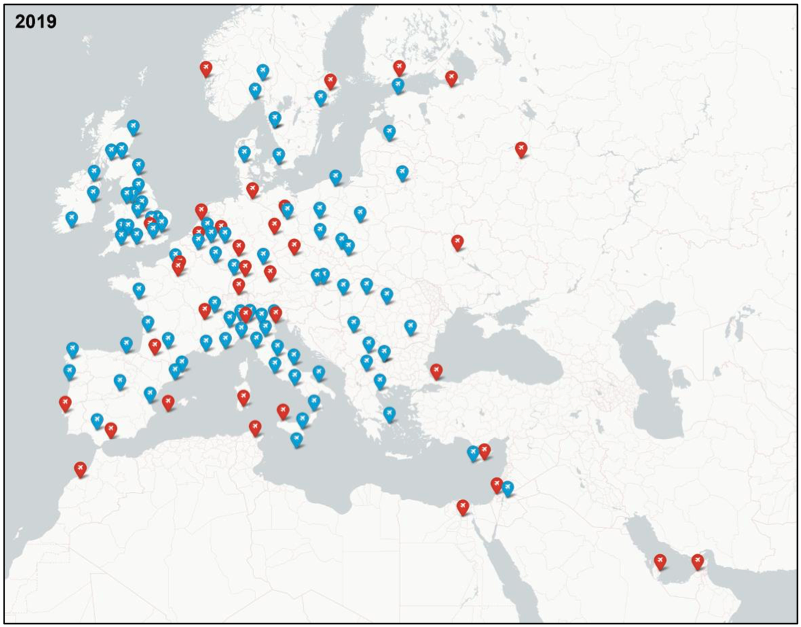
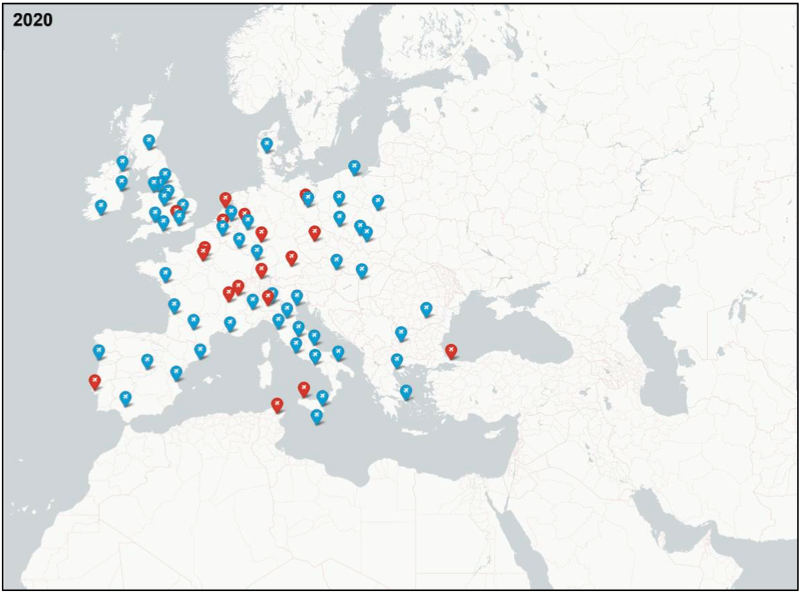
Direct routes with Nordic countries have been wiped out, and routes to North African and Middle Eastern nations have been dramatically reduced.
The loss of the direct routes to large hubs like Doha and Dubai has severely limited Malta’s direct connectivity (though in January, flyDubai announced it would be operating a direct route between Dubai and Malta from May).
Restoring these connections, or establishing alternatives are crucial for Malta’s economy, according to the central bank.
Fortunately, there is some suggestion that the slack will be picked up by existing airlines.
Ryanair, for example, has continued to invest in its fleet – including by establishing a dedicated Malta Air pool of aircraft and has said that it will seek to take advantage of its competitors’ withdrawal from some airports.
Unfortunately, constantly fluctuating European travel restrictions have left the aviation industry in a sort of flux, and as such, the airport said they are not appropriately positioned to give an outlook.
In 2020, MIA reported its annual traffic figure since it was privatised in 2002, with traffic volume falling 76 per cent on 2019.
The Malta Chamber elects William Spiteri Bailey as its 73rd President
He emphasises a vision for a resilient, innovative, and inclusive economy
Malta records highest immigration rate in the EU for 2023, as bloc sees overall decline in newcomers
These statistics come as the EU registered a drop in overall immigration in 2023
Malta Employers 60th AGM sheds light on future direction and reinforces commitment to good governance
A major focal point of the AGM was the importance of good governance in the country’s economic and regulatory landscape


